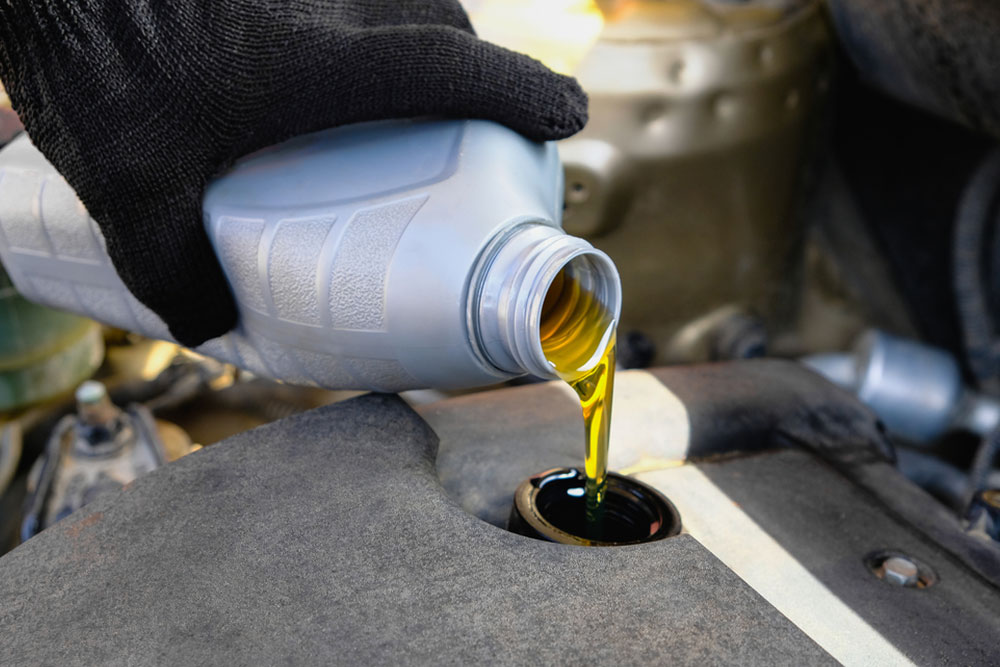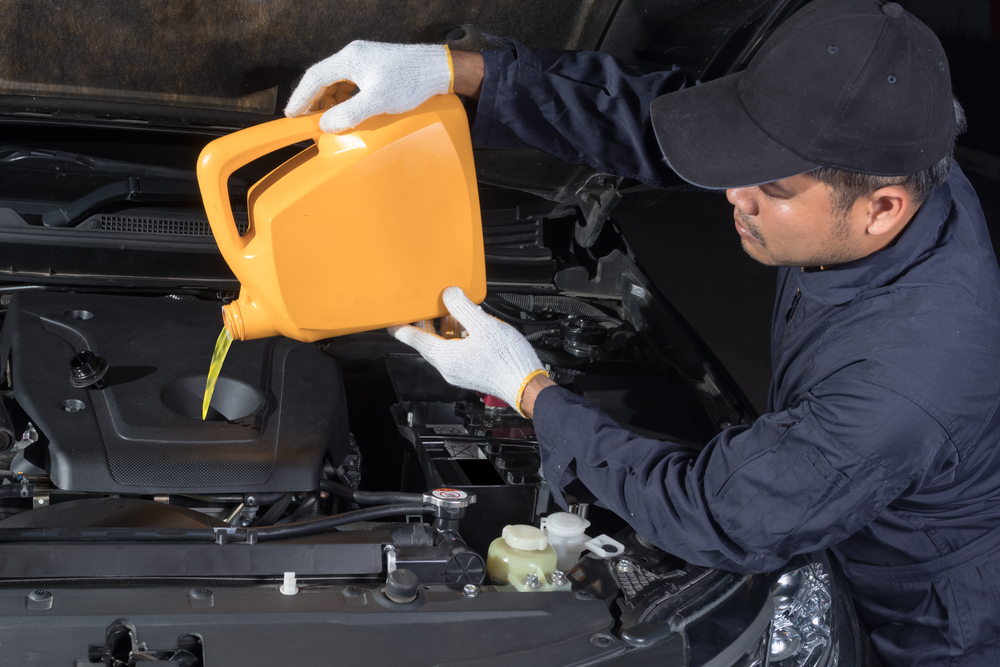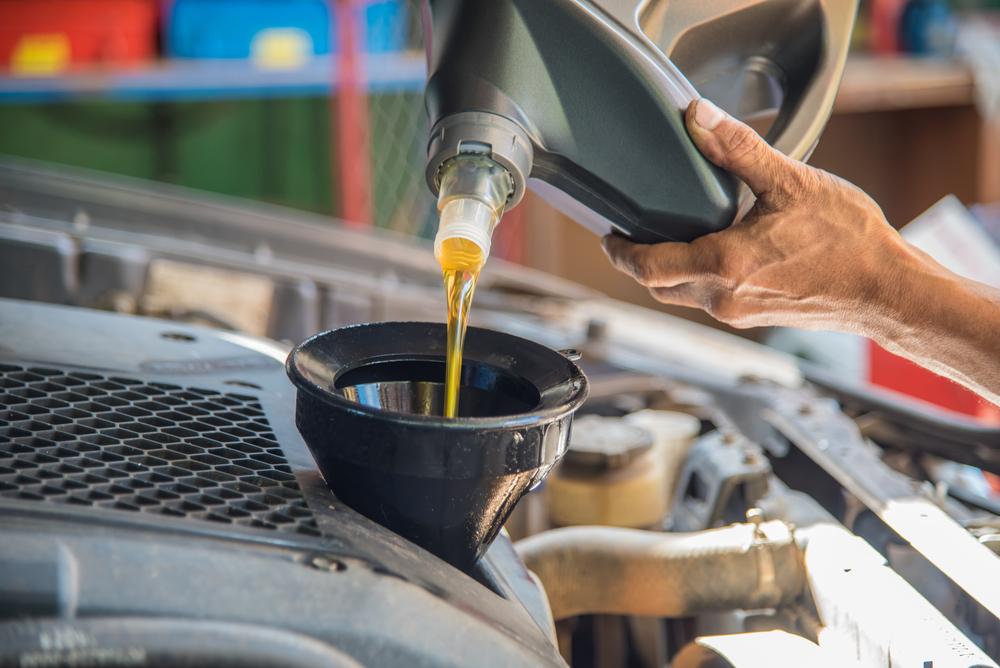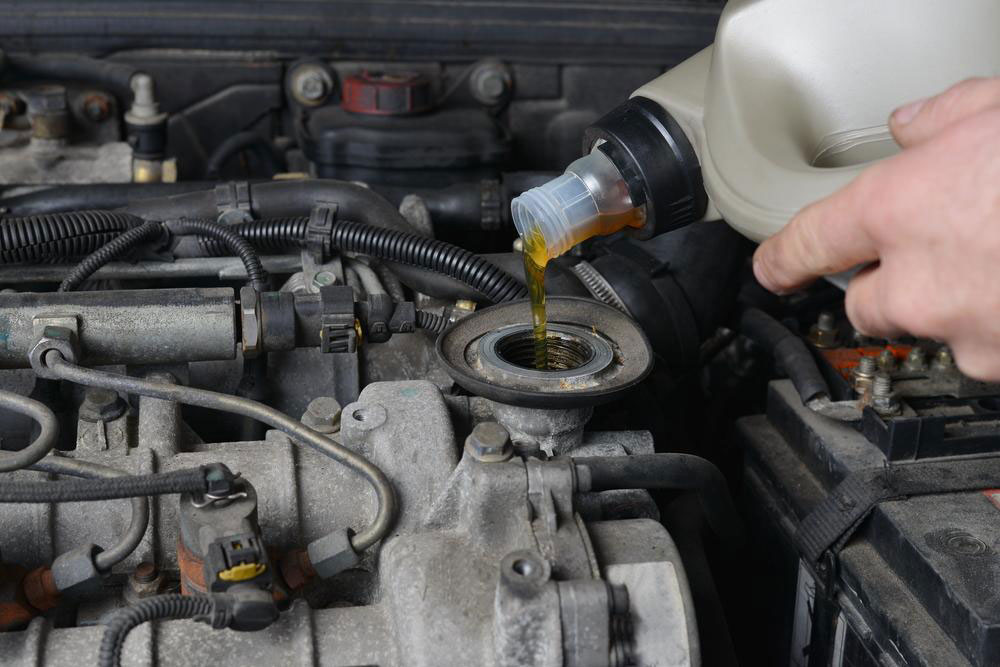Common Engine Oil Change Errors to Avoid for Vehicle Longevity
Learn the essential tips to avoid common mistakes during your engine oil change. Proper selection, timing, and installation of oil and filters are key to maintaining engine health and preventing costly repairs. Follow our guidance for a smooth, effective oil change process.
Sponsored

Performing your own engine oil change can save money, but caution is essential. Mistakes during the process can lead to costly repairs or engine damage. To ensure a safe and effective oil change, be aware of typical errors and how to prevent them.
Choosing Incorrect Oil
Engine oil maintains lubrication of internal parts and aids hydraulic functions. Selecting the wrong type or viscosity can harm these components, risking engine health. Always consult your vehicle’s manual to determine the correct oil grade and type, whether synthetic or conventional, to match your engine's requirements.
Overlooking Oil Change Schedule
Many forget to monitor mileage or time since the last change. Changing too early or late can impair engine performance. Keep a maintenance log or set reminders to maintain optimal oil change intervals for engine health.
Using an Incompatible Oil Filter
The oil filter prevents dirt accumulation and leaks. Using the wrong size or improperly installing it can cause leaks and engine damage. Always choose high-quality filters recommended by your vehicle manufacturer.
Incorrect Oil Quantity
Adding too little or too much oil can harm your engine. Underfilling results in poor lubrication; overfilling causes foaming and pressure issues. Park your vehicle on a flat surface before filling to ensure accurate measurement.
Neglecting O-ring Replacement
O-rings seal the filter to prevent leaks. Replacing the O-ring each time you change the filter is crucial, as worn O-rings can compromise the seal and cause oil leaks.






